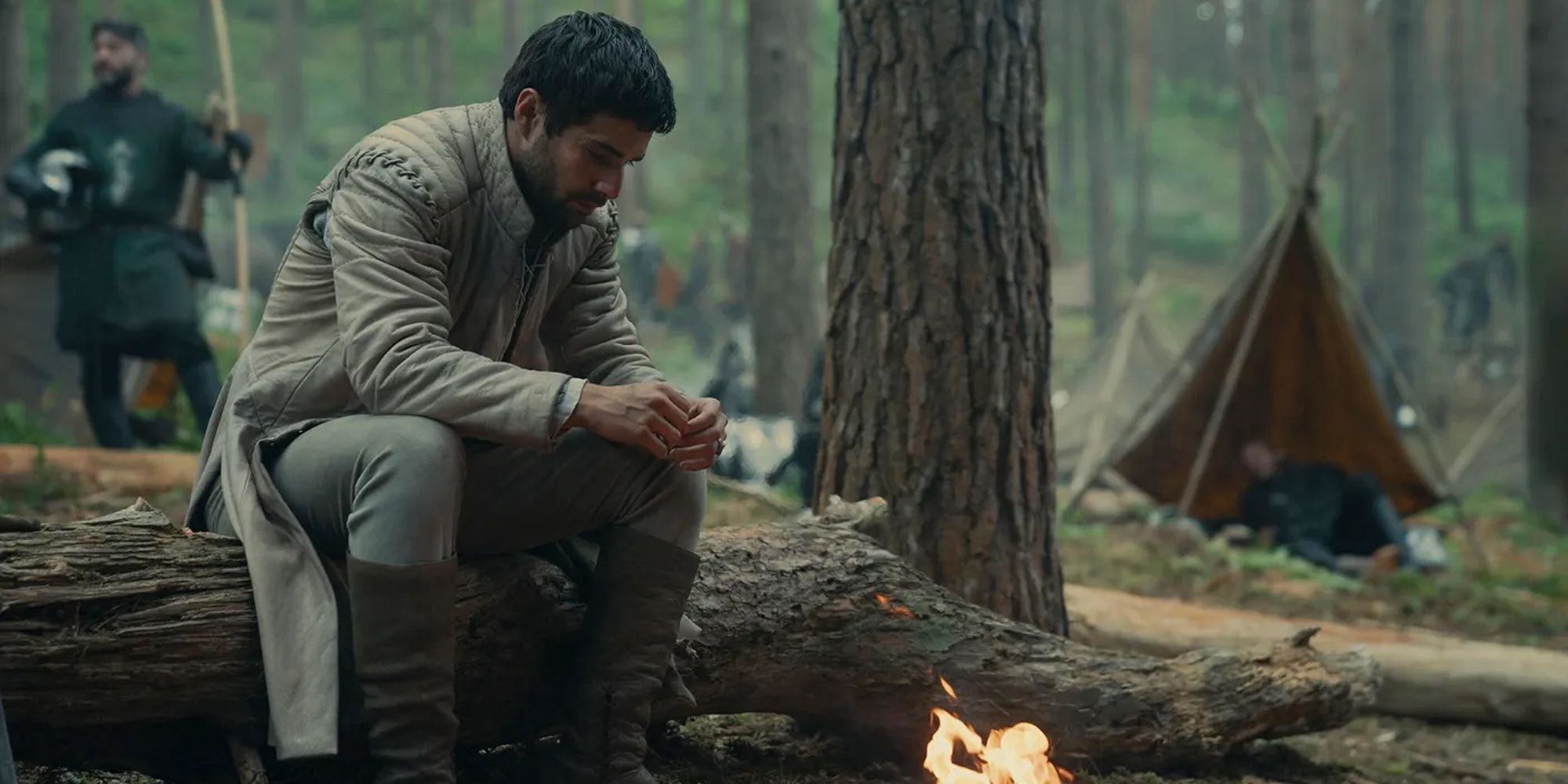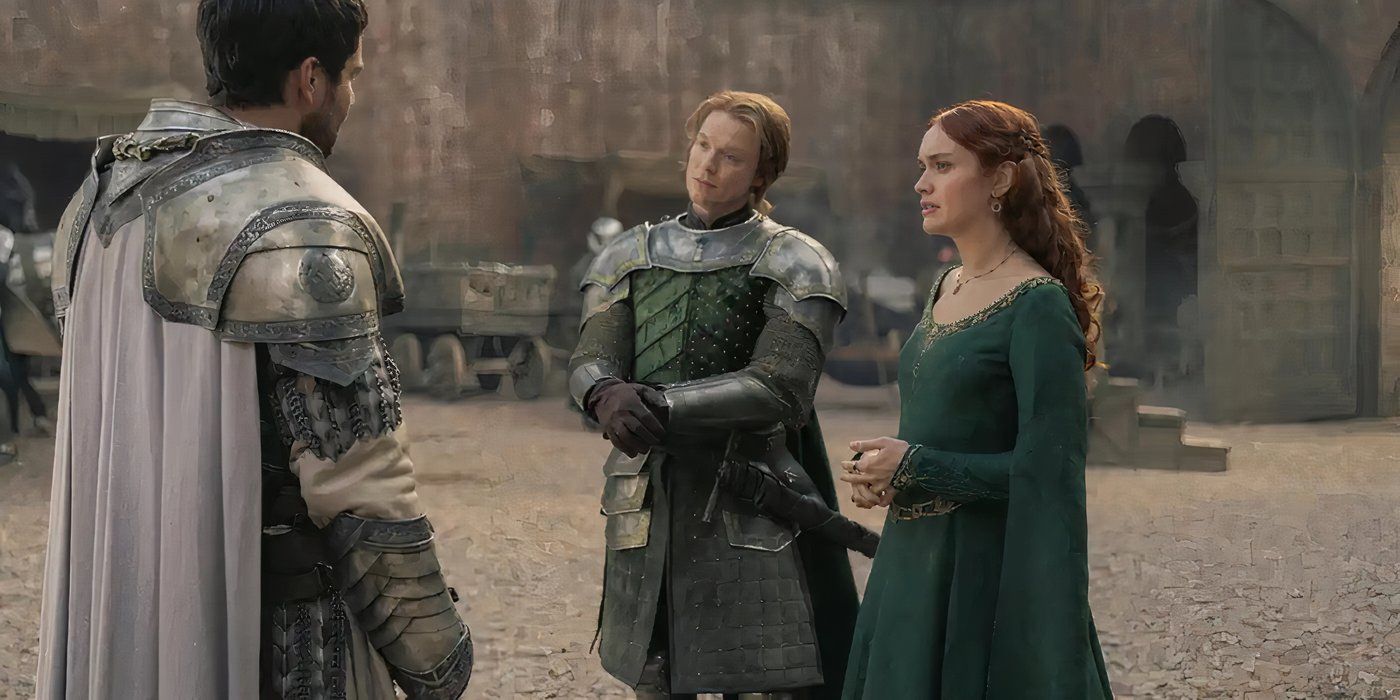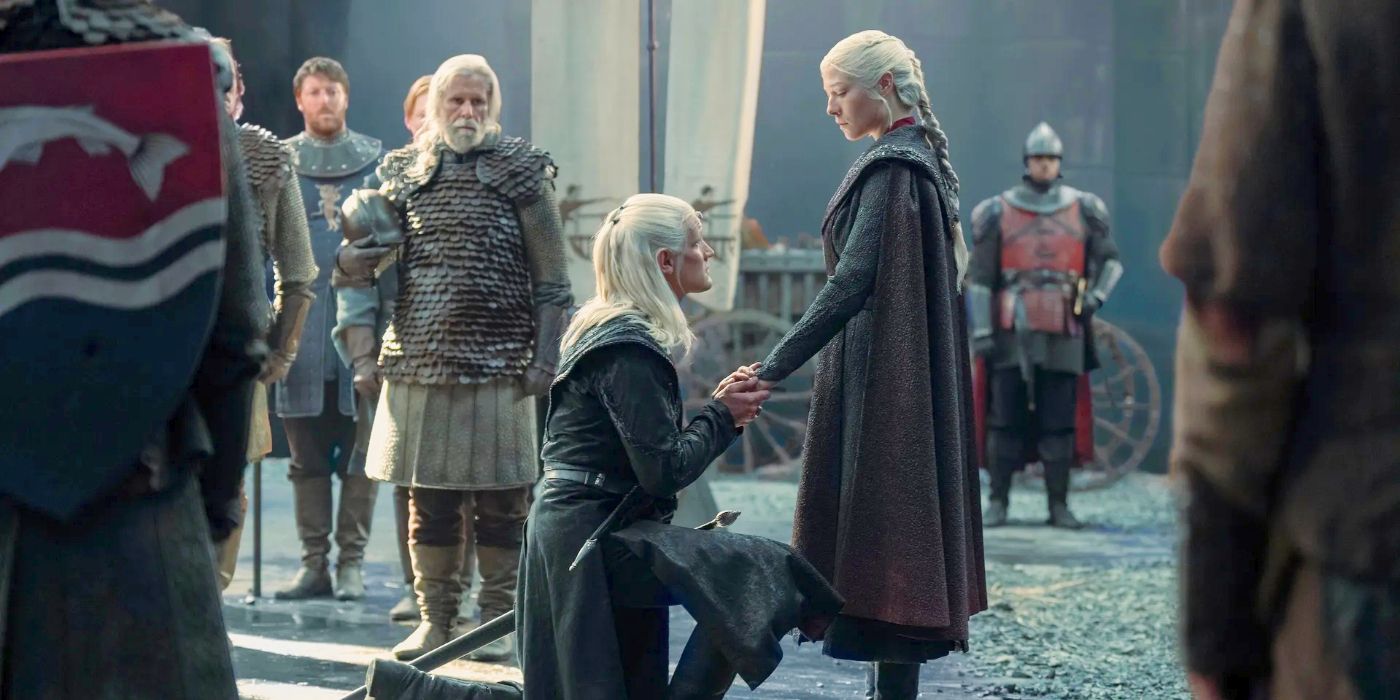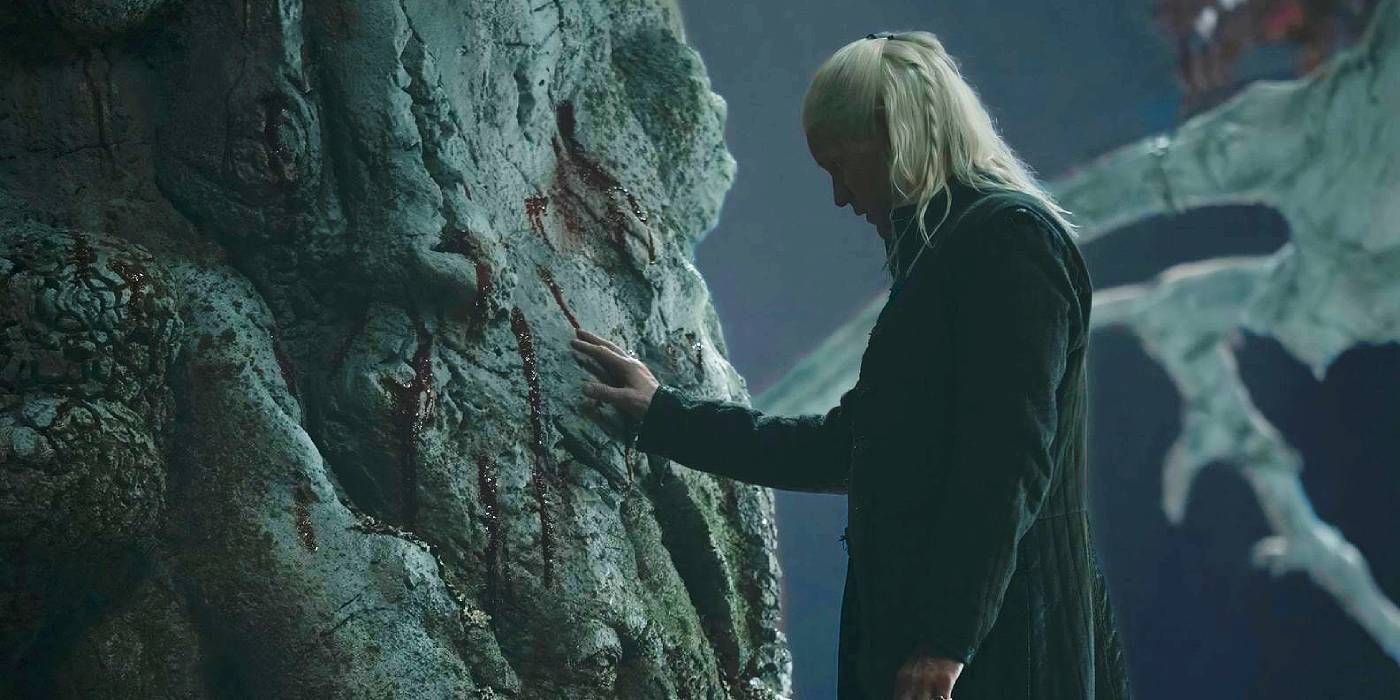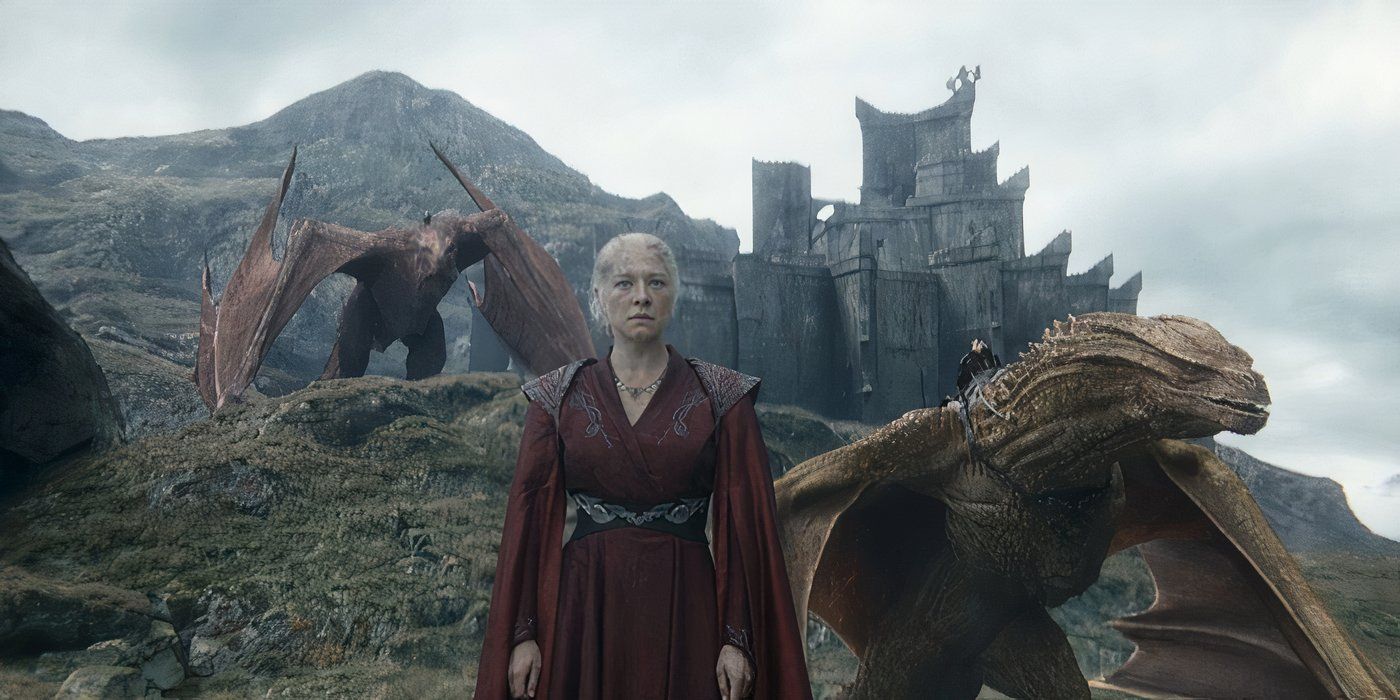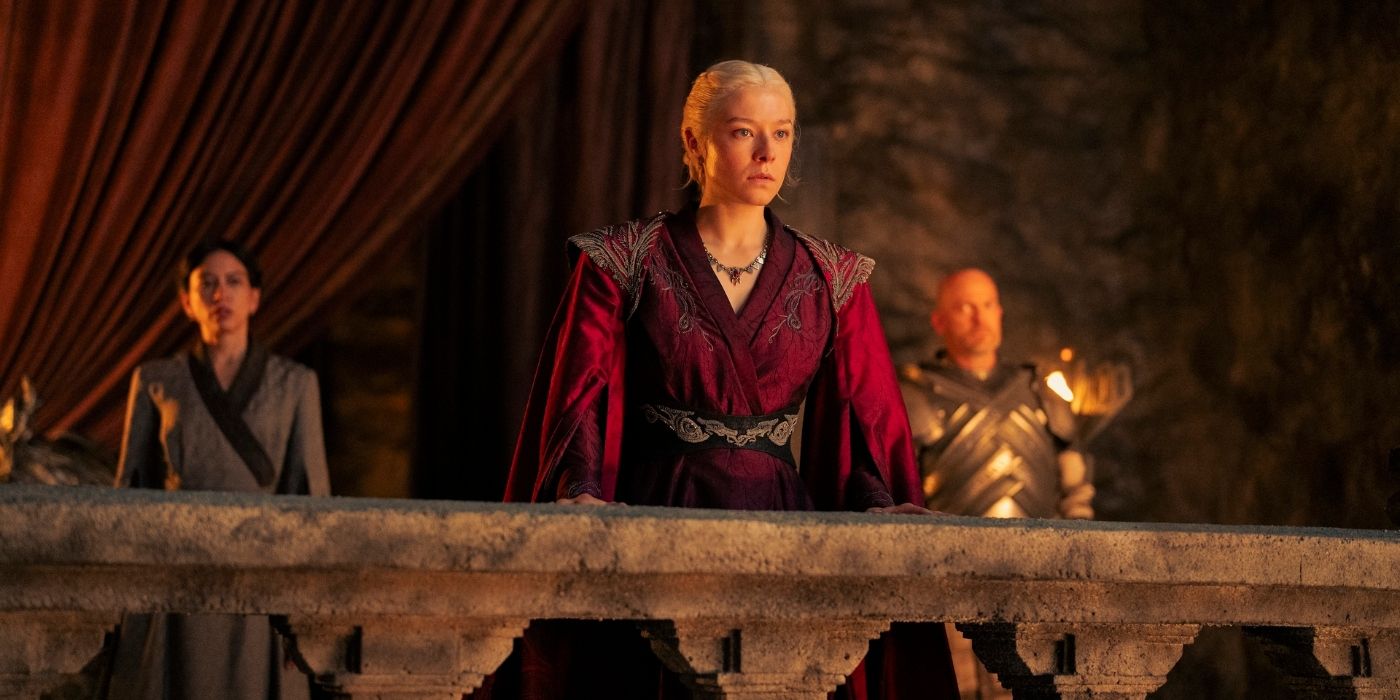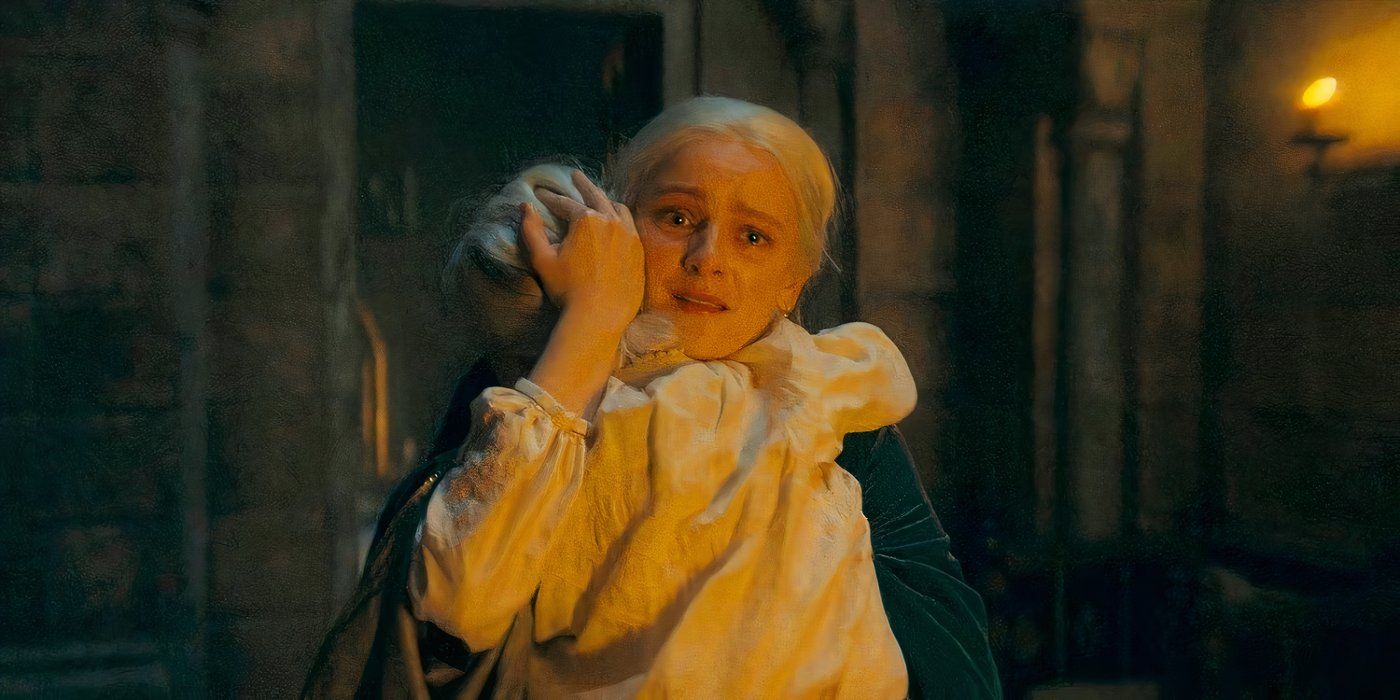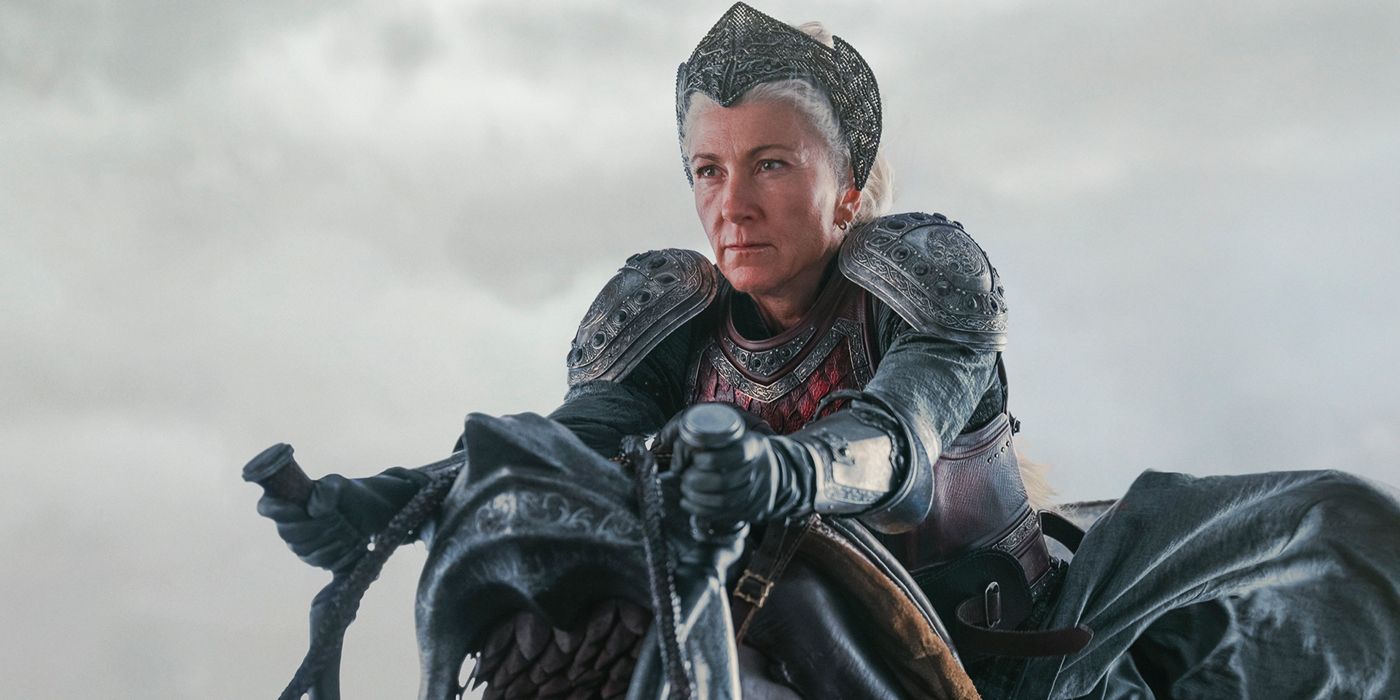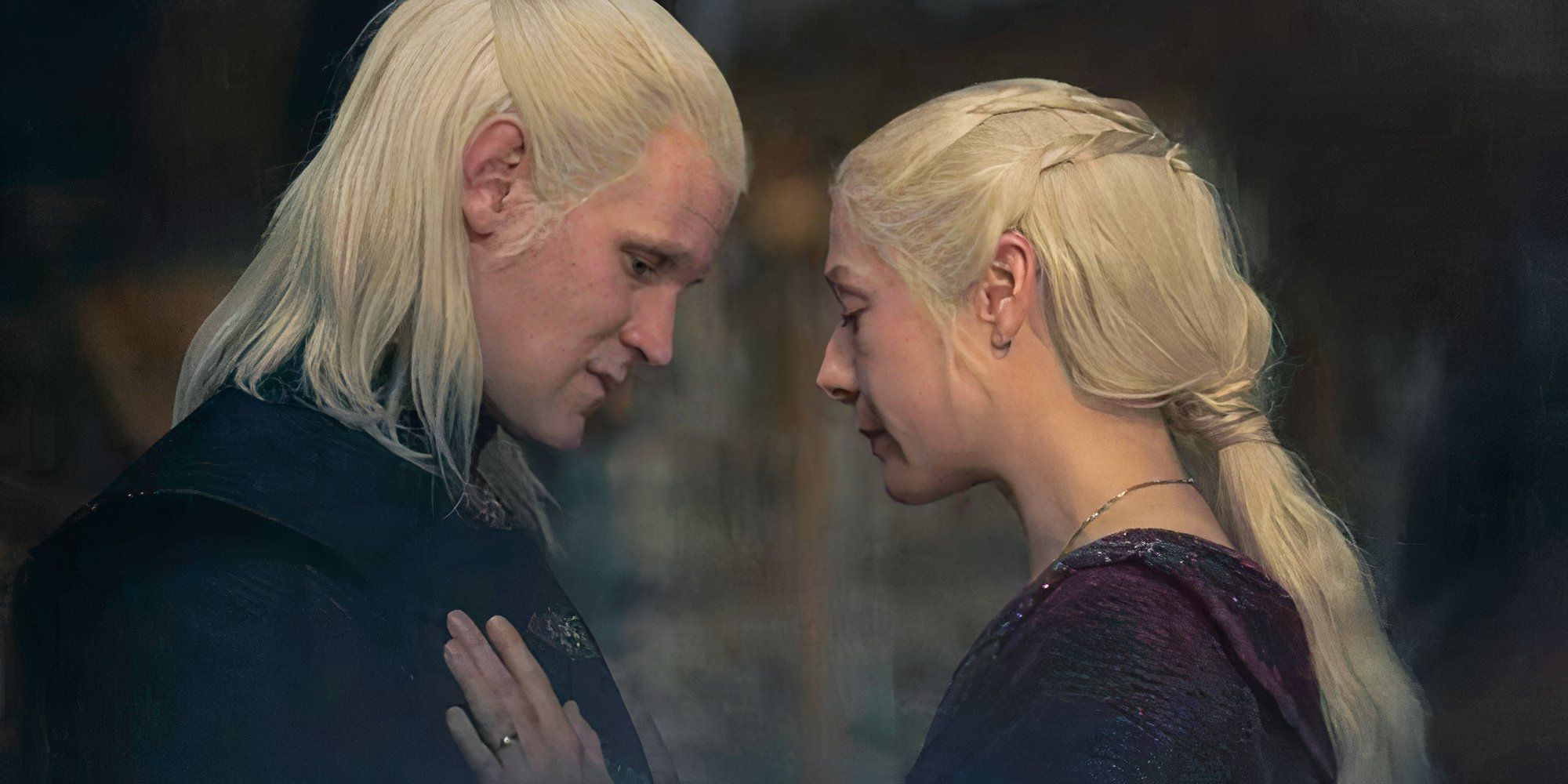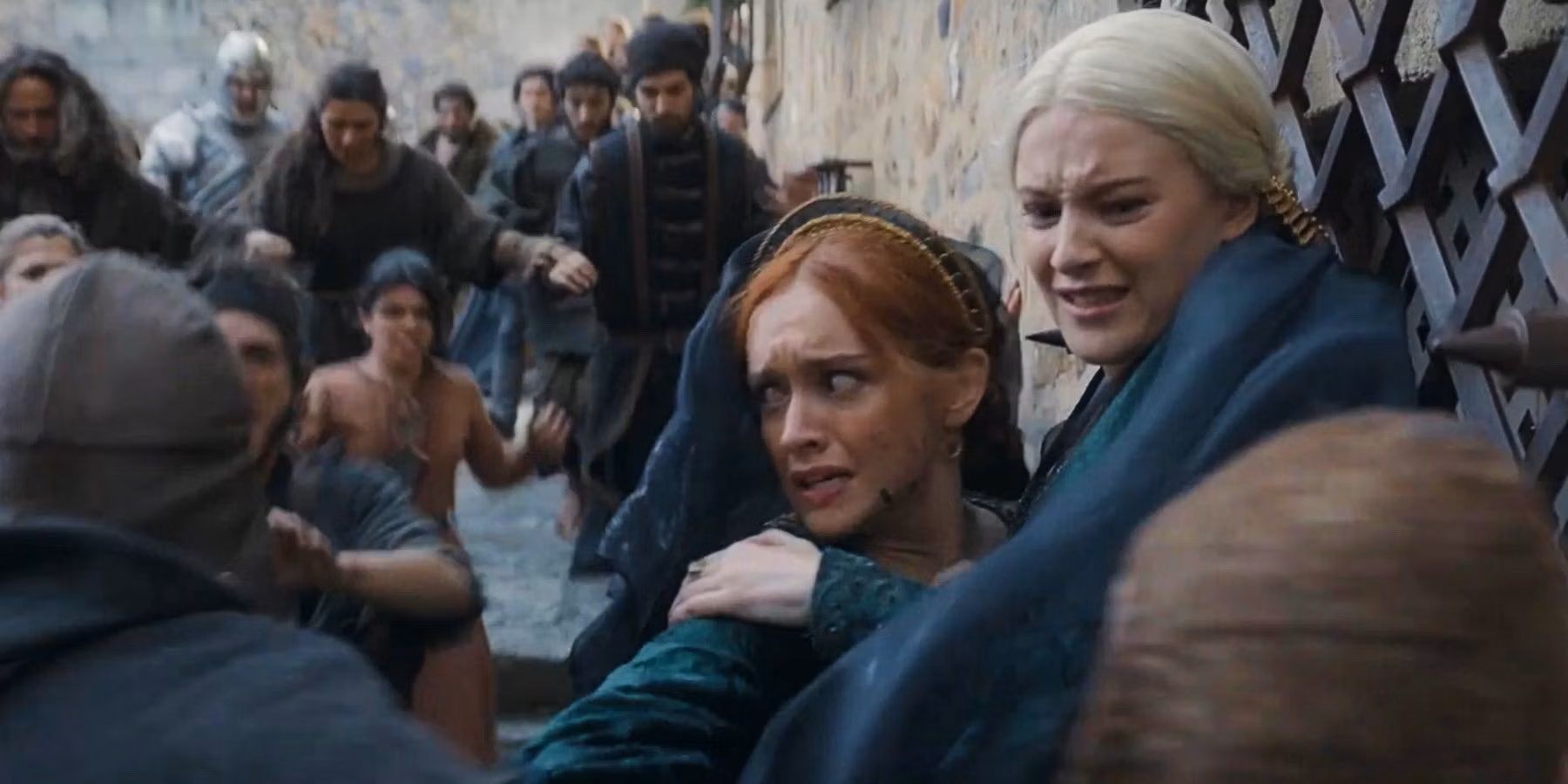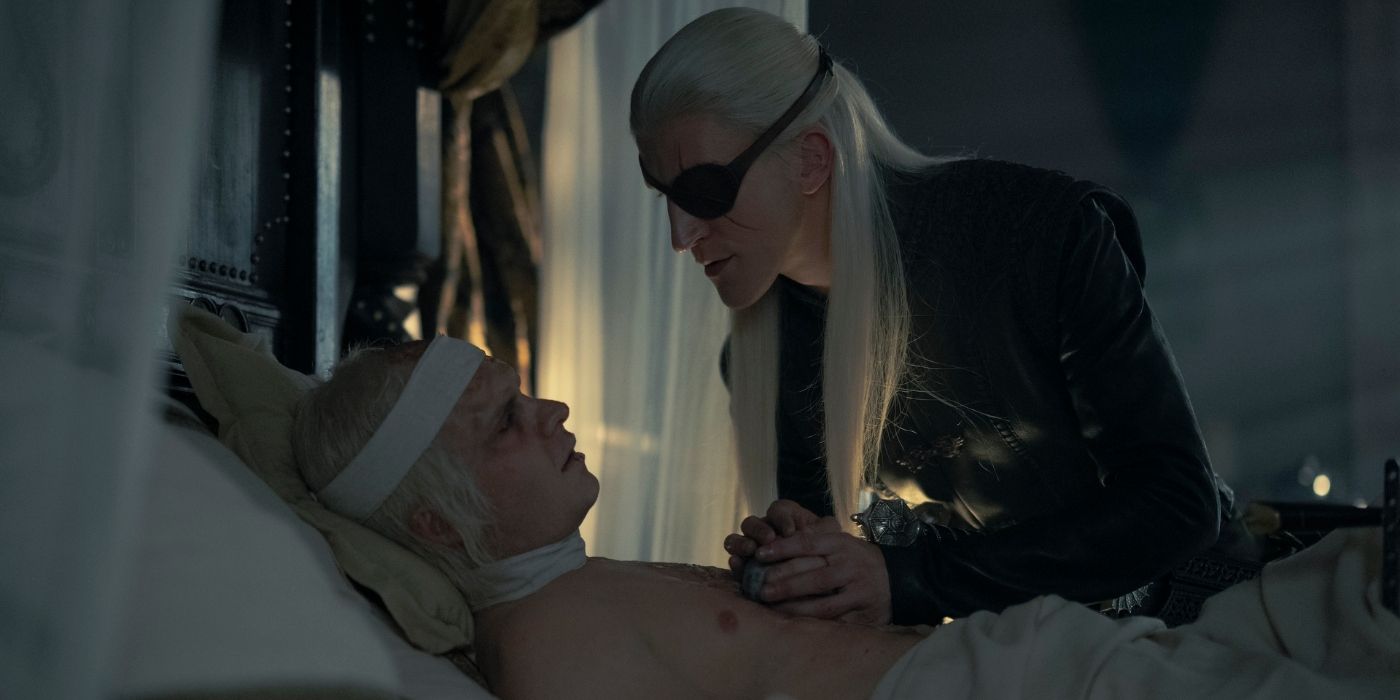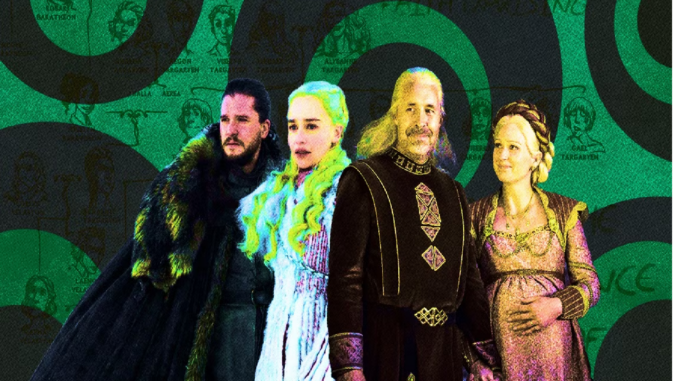
Season finales are often the most controversial and widely discussed episodes on television. From the glory days of Game of Thrones, audiences have come to expect these episodes to contain events so large, both in production value and story significance, that they stand out as some of the most memorable moments in television history. House of the Dragon’s recent Season 2 finale has come under fire for not living up to this expectation, facing claims from fans that the episode, as well as the season at large, was too slow and “uneventful” in comparison to what they had come to expect from this universe.
In a season where wide-scale action sequences take a back seat to character-driven writing, it is understandable why some viewers may feel underwhelmed by the slower-paced plot that this style of writing produces. Despite that, this season treated audiences to some of A Song of Ice and Fire’s most beautifully crafted character arcs. House of the Dragon has always thrived in the slower aspects of world-building, where political drama and familial dynamics become the driver of the plot rather than major battles or character deaths. This emphasis on the more intimate and complex aspects of living in Westerosis what makes House of the Dragon so good, and ultimately separates it from the likes of its predecessor.
‘House of the Dragon’ Is A Family Drama At Heart
What if Succession took place in a world where fire-breathing dragons are a mark of military power and siblings spend more time trying to kill each other than speaking? That’s exactly what the world of House of the Dragon offers, and is ultimately the reason why it works so well. Due to its emphasis on family drama, and the intricate complexities that a political landscape such as Westeros brings to the forefront, the show is able to make even the quietest of conversations between two key characters feel like it is a major development in the story. The close family connection between the two sides of the war raises the stakes in such an intense way that the show simply does not need to include a high-budget action spectacle in each episode.
Take the infamous scene between Rhaenyra Targaryen (Emma D’Arcy) and Alicent Hightower (Olivia Cooke) from Season 2, Episode 3, for example, where Rhaenyra successfully sneaks into Kings Landing and makes an attempt to make peace with Team Green. While certainly no version of peace was born out of this conversation, it laid the groundwork for the subsequent actions of both Rhaenyra and Alicent throughout the rest of the season. Intimate scenes between Aegon (Tom Glynn-Carney) and Aemond Targaryen (Ewan Mitchell) similarly move the plot forward just as much as the scenes of them fighting on the battlefield, as they allow fans to gain a better understanding of the complicated dynamic between the brothers.
Season 2 Allowed for Key Characters to Fully Develop
Season 2 of House of the Dragon was as much a family drama as it was a character study, particularly for some of its most controversial characters. Fans of the show went into the new season with a very clear understanding of who Criston Cole (Fabien Frankel) was, a headstrong member of the Kingsguard who is so obsessed with punishing those who dishonor their oaths that he oftentimes finds himself breaking his own. This season, however, Cole is forced to reckon with the overwhelming reality of what a war between dragons really means. After the Battle of Rook’s Rest, we see Cole’s character develop, or rather descend, into a sort of existential dread. The once stubborn and violent knight is now a new version of himself, which was made possible by the more quiet scenes he was apart of.
Daemon Targaryen (Matt Smith) also experienced a sort of transformation throughout Season 2, as his ghostly experiences at Harrenhal forced him to reckon with his traumas of the past. Audiences follow Daemon as he confronts his resentment towards Viserys Targaryen’s (Paddy Considine) decision to name his niece and now wife Rhaenyra heir, which ultimately allows him to finally pledge his loyalty to her in the final episode of the season. Whilst many fans missed the version of Daemon that allowed for badass war scenes in Season 1, this journey was a necessary deep dive into the evolution of Daemon’s psyche. These now fully fleshed-out character arcs will provide audiences context to the ways in which characters will act when the inevitable all-out warfare does finally make its way to our screens, which is something Game of Thrones failed to provide in its final, action-packed seasons.
Season 2 Still Had Action, But Not Without Reason
Many of the criticisms surrounding the final seasons of Game of Thrones were rooted in the idea that major events and character developments were being rushed. Fans were shocked to see Daenerys Targaryen (Emilia Clarke), who was once regarded as the “breaker of chains”, turn into a full-blown dictator in a matter of a few episodes. She even went as far as attacking the innocent smallfolk of King’s Landing in one of the final episodes of the series. Without proper time given to this major character development, her actions felt like a disservice to her character and ultimately left fans feeling unsatisfied with how the series ended.
In House of the Dragon, it is clear that the creators are more focused on developing their characters than trying to cram as many action-packed sequences into one season as they can. Of course, we are still bound to see more major violent events like Blood and Cheese, the Battle of Rook’s Rest, and The Red Sowing, but not without first laying the groundwork to ensure audiences understand how we got there. These moments are only impactful if audiences are able to develop a connection to the characters they see on screen, which is why this slower-paced character-focused season of House of the Dragonwill pay off in the end.
Despite facing online criticism and backlash for its reluctance to fully dive into the war, Season 2 of House of the Dragon ultimately succeeds in breaking free of the missteps of its predecessor. With the writing of Season 3 already underway, fans can expect to see the all-out acts of war they crave in the years to come.
